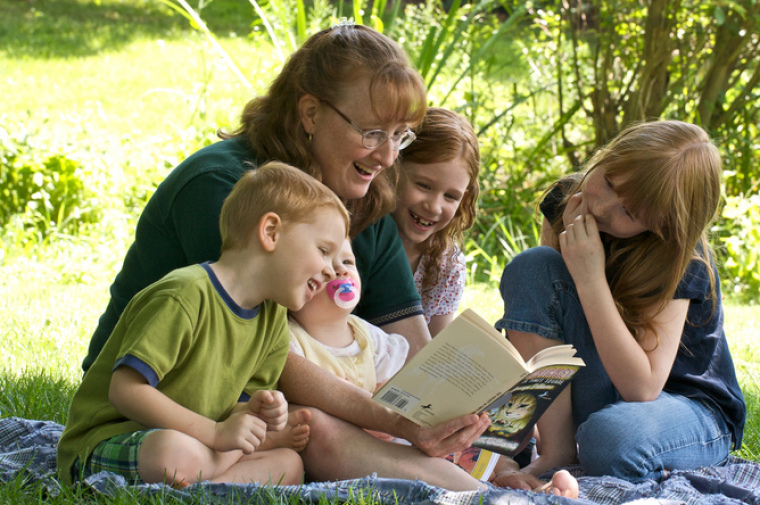Parental faith, not homeschooling, indicative of homeschoolers' religion, analyst says

BLOOMINGTON, Ind. (Christian Examiner) – According to the International Center for Home Education Research (ICHER), there are probably about two million homeschoolers in the U.S., but the divide between secular homeschooling and religious homeschooling is becoming more difficult to discern.
In an article in his series on homeschooling, Milton Gaither, education professor at Messiah College and co-director of research at ICHER, discusses big data that reveals a surprising fact about the motivation of many parents for homeschooling.
Parents want to give their children a religious education, but data suggests the parents' personal devotion, rather than their curriculum, is the lasting factor in children's religious choices.
"Anecdotes and biased studies aside," Gaither said, "it seems from this emerging body of work that homeschooling itself will not automatically produce adults who share the conservative political, religious and moral beliefs of their parents."
This news may deeply alarm the 64 percent of parents who have chosen to homeschool to provide religious instruction, according to 2012 data from the National Center for Education Statistics.
Yet only 16 percent said religious instruction was the most important reason in their decision, suggesting, contrary to prevailing perceptions, a majority of homeschool families do not fit the stereotypical "quiverfull" profile, according to Gaither.
"The data also suggest that family climate, especially faithful religious devotion by both parents, delivered in a context of loving nurture, is far more important than where a child goes to school," Gaither said.
He cited two major studies as foundational to his thesis.
Analysis of data from the ongoing National Study of Youth and Religion found homeschooled youth to be "no more religious than demographically similar young people who attended public or private schools."
And data from the 2011 Cardus Education Survey found parental religious devotion to be "the most important factor for young adult religious commitment."
HOMESCHOOLING DATA CHALLENGING TO INTERPRET
Gaither warns against using small-scale case studies, anecdotes, and testimonials as representative of the broader homeschool experience for a group of families whose diversity has not yet been fully explored. Though a small sampling of homeschool graduates might be more or less religious than their parents, this should be by no means indicative of the religious practices of a majority of homeschoolers, who are, after all, youth before they are students.
By that standard, regarding Christian children who continued in their faith after high school, Gaither wrote, "The type of schooling did not really make a lot of difference, especially not the sort of transformative difference many parents who choose it hope for."
In drawing conclusions about the likelihood of Christian children to persist in their faith, Gaither refers to the experience of most Christian children rather than only those who were homeschooled. "If anything," he wrote, "homeschooled children, especially those raised in very conservative homes, tend to liberalize over time, especially if they went on to college."
More parents cited concern or dissatisfaction for the environment or academic instruction of other schools or other reasons—which included family time, finances, travel, and distance—than religious instruction as the most important reason for their choice to homeschool.
With the acknowledgement that every family's situation are individual, Gaither implies that those whose motivation is religious instruction should remember the answer to whether homeschooling helps parents achieve what they want in terms of a "religious outcome" is unlikely when compared to the example of their personal faith.